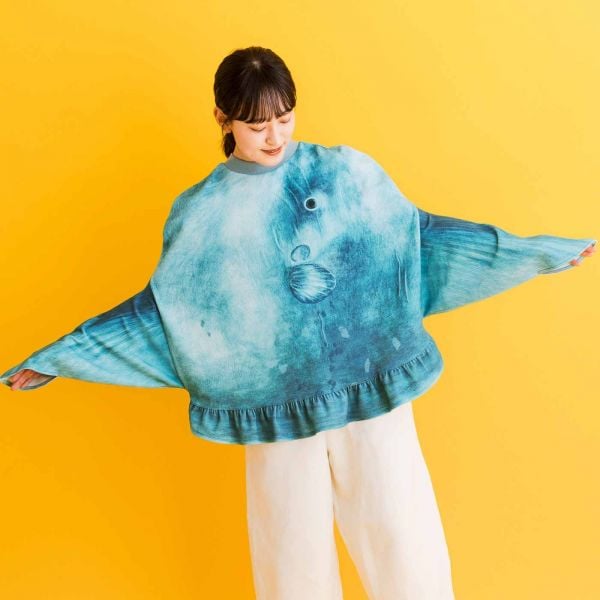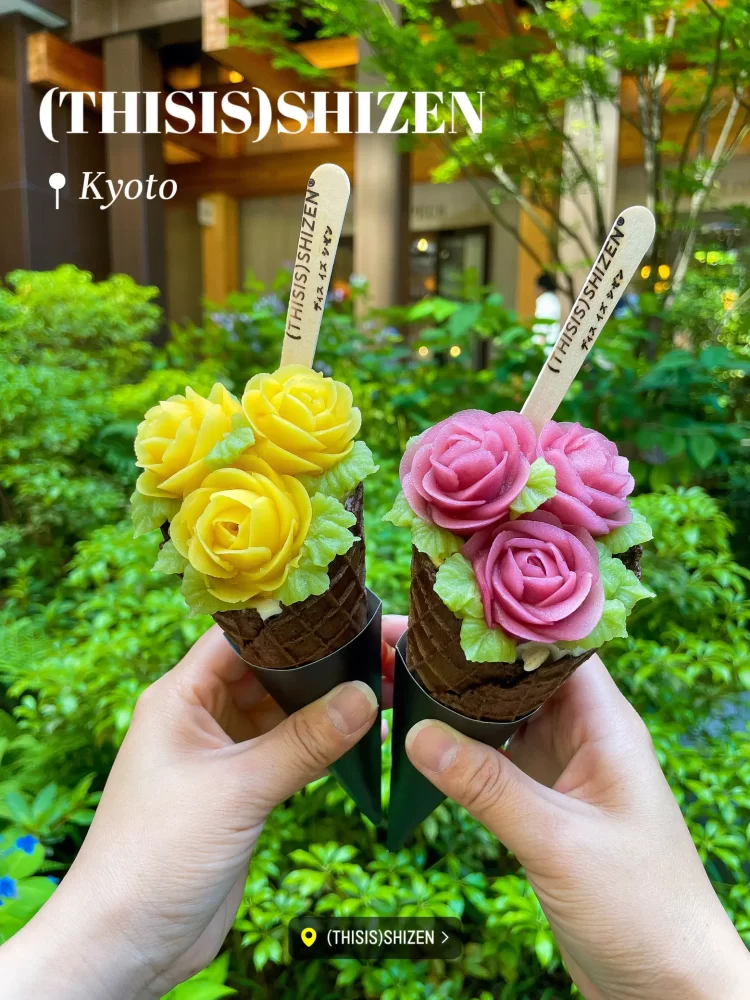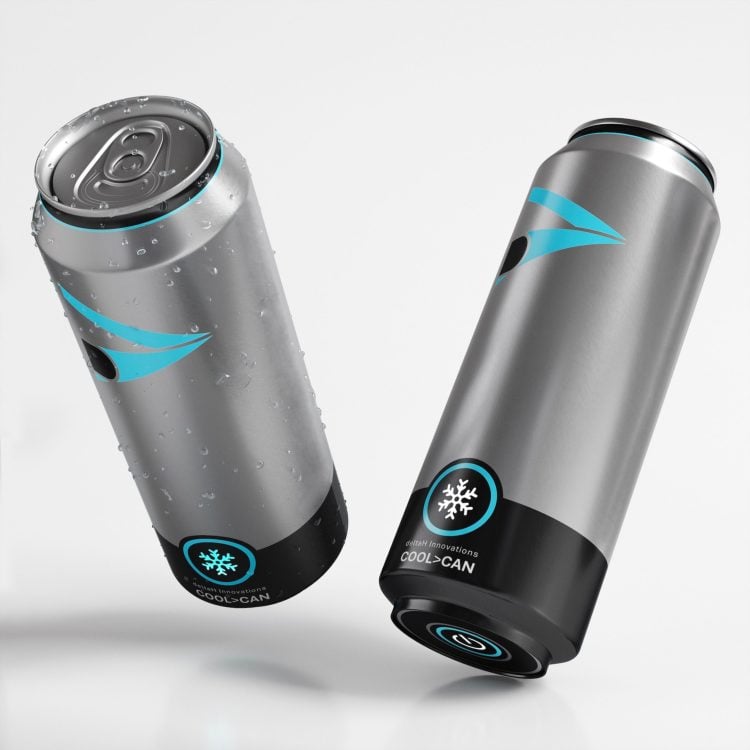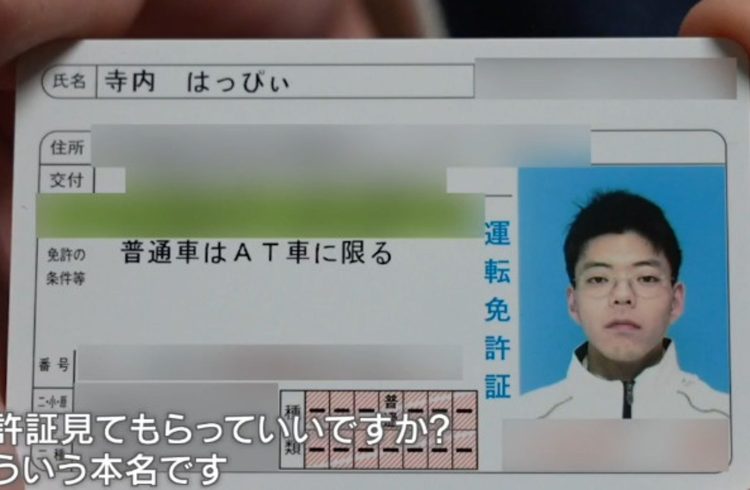Shogo Yoshida, a young hairdresser from Nagoya, suffers from a genetic condition that causes his fingertips to swell up like ping-pong balls, but he has managed to turn this physical defect into an asset.
Yoshida, who goes by Bachi Yubi-san (Mr. Drumstick Fingers) on social media, started attracting attention in Japan in late 2022 by posting photos and videos of his deformed fingers on social media. The feedback wasn’t always positive, as some called his hands ‘gross’ or ‘grotesque’ and scolded him for trying to make money off of his disability, but the young Japanese man had been used to criticism for a long time. Ever since he was diagnosed with pachydermoperiostosis (PDP), a rare genetic condition that caused his fingertips to swell up like small balls, Shogo Yoshida had to face the ridicule and disgusted looks of his peers, but as he grew older, he learned to manage his uniqueness and turn it into something positive.





















